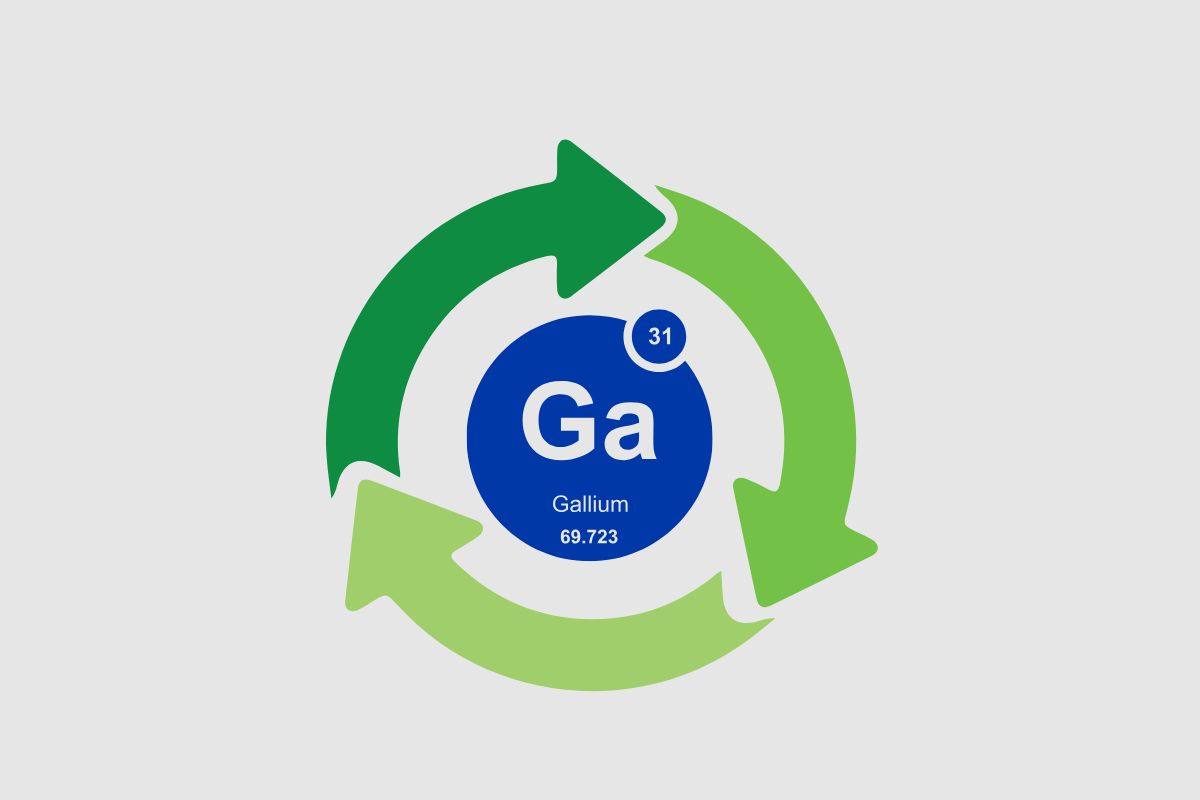Collaboration between science and industry in Freiberg, Germany.
Gallium is essential for modern technologies, including radar systems, fast-charging batteries, and LEDs; however, its production is highly concentrated in a few regions. Adding to the challenge, China, the dominant producer, tightly controls exports through strict regulations. Against this backdrop, developing new methods of securing supply has become increasingly urgent.
At the Helmholtz Institute Freiberg for Resource Technology, researchers are developing a process of this nature. This week, they unveiled a pilot plant designed to recover gallium from industrial wastewater. The approach relies on specially engineered molecules that selectively bind to dissolved gallium. Using a patented process, the metal is then released, while the molecules remain intact and ready for reuse.
The pilot facility is located at project partner Freiberger Compound Materials, a semiconductor manufacturer. The company expects the project to deliver insights into the scalability and economic feasibility of the method. Currently, the plant processes 100 liters of production wastewater, with plans to increase capacity to 2,000 liters in the near future.
More on secondary raw material sources: https://rawmaterials.net/recycling-with-a-difference-mining-waste-and-waste-water/
Cover image: via Canva

